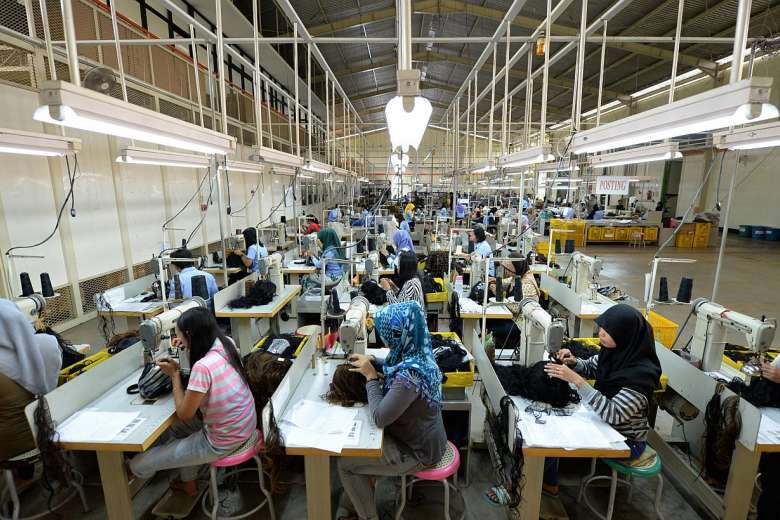
Can fintech companies provide SMEs with new financing options?
November 6th, 2019 – Small and mid-sized enterprises (SMEs) drive the ASEAN region.
According to various estimates, 98 percent of businesses in the region are SMEs and contribute to around 40 percent of the ASEAN’s gross domestic product. Globally, 90 percent of businesses are SMEs and account for about 50 percent of all jobs.
Despite their strengths, it’s no secret that SMEs face various challenges to growing — with financing being the biggest problem.
Traditional financial institutions are wary when it comes to offering loans to SMEs, considering them a risky bet. Limited access to credit leaves the economic potential of SMEs largely untapped, hindering the growth of an economy, especially in developing countries in the ASEAN region.
Besides securing capital, SMEs also lack support in various financial areas such as cashflow and foreign exchange risk managment — services that larger enterprises leverage and thrive on.
The void left by traditional banks, however, are being quickly filled by fintech companies who see it as a great opportunity.
Compared to large commercial institutions, SMEs are more willing to share data (including banking transactions and financial history) that allows fintech companies to work with larger players in the financial services ecosystem to develop products using.
In many cases, fintech companies are enabled by larger organizations, including banks, using open APIs — which are nothing but a way to exchange data.
Open APIs, which facilitate open banking, simply help fintech companies to bridge the gap between SMEs and traditional banks by creating exciting products that make funds more accessible to SMEs but don’t pass on much risk to traditional banks.
One of the many benefits of open banking is its ability to aggregate a customer’s financial positions.
When synced with customer income and outgoings, and paired up with cashflow forecasting analytics, traditional banks can provide fintech companies with data they need to help SMEs manage their cash flow and liquidity.
This promotes data-driven conversations between fintech companies and SMEs, allowing the former to serve as value-added advisors to SMEs.
Through these open APIs, SMEs can also obtain credit without going through a lengthy process. The ‘time-to-yes’ and ‘time-to-cash’ can be significantly reduced as a result of open APIs, enabling fintech companies to quickly make decisions about providing funds.
In 2020, as fintech companies bridge the gap between traditional banks and SMEs and make innovative financing options, products, and solutions available, the economies in the ASEAN are expected to flourish — provided SMEs can understand and value the opportunity that working with fintech companies brings.
Written by Techwire Asia – https://techwireasia.com/2019/11/can-fintech-companies-provide-smes-with-new-financing-options/
Related Post
Micro and small businesses can act...
In an international context where conflicts have reached their highest level since the Second World War, what role can micro, small, and med...
Celebrating Women Entrepreneurs: Key Insights from...
According to the GEM 2024/2025 Global Report entitled Entrepreneurship Reality Check, far too many women entrepreneurs are still seen by nat...
SME Digitalisation to manage shocks and...
Although uptake of digital practices by SMEs continues to increase, so too has the “digital gap” with larger firms. Understanding the dr...




